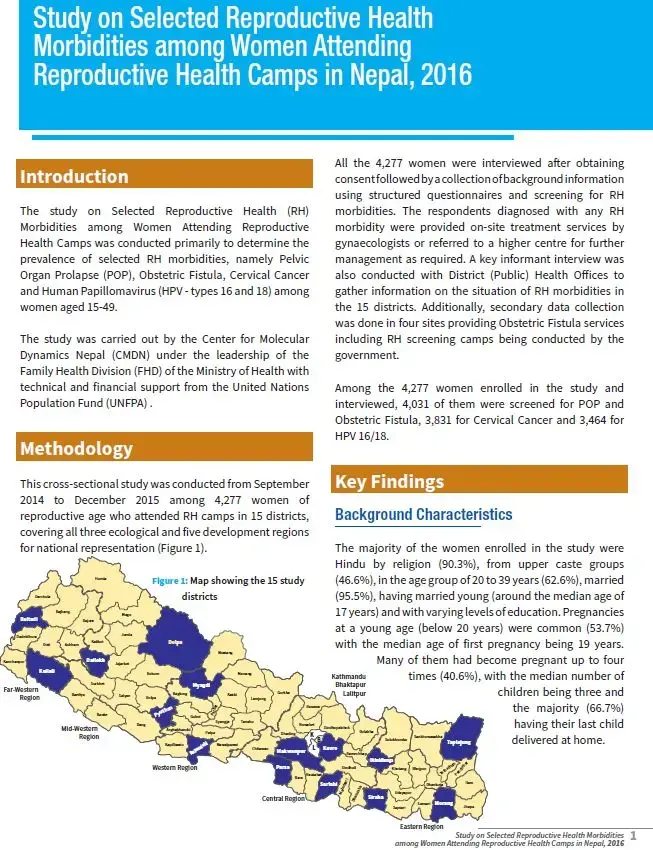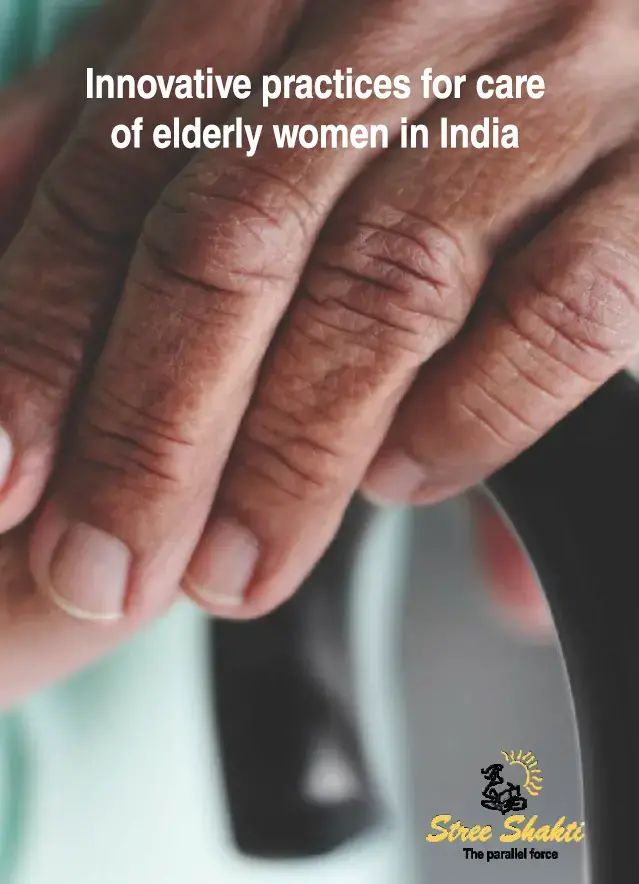“I didn’t know what happened to me after I gave birth to my first child. I had uncontrollable discharge of faeces and urine,” said Arifa, 22.
Arifa was afflicted by obstetric fistula, a child birth injury, usually caused by prolonged and/or obstructed labour. It is an injury that affects women who are among the most vulnerable populations in developing countries, mostly illiterate, poor, young women, living in rural areas with no access to healthcare facilities.






